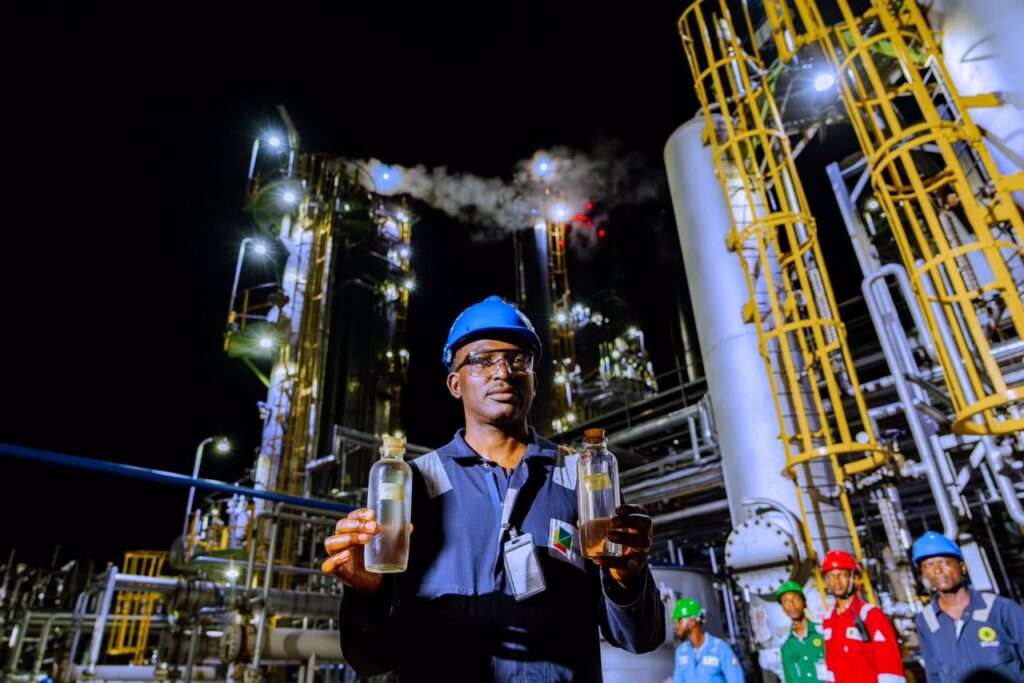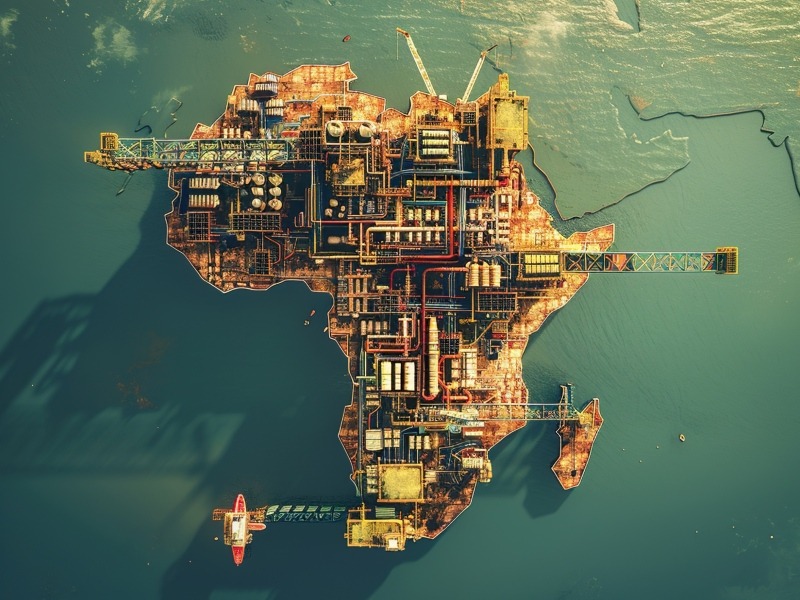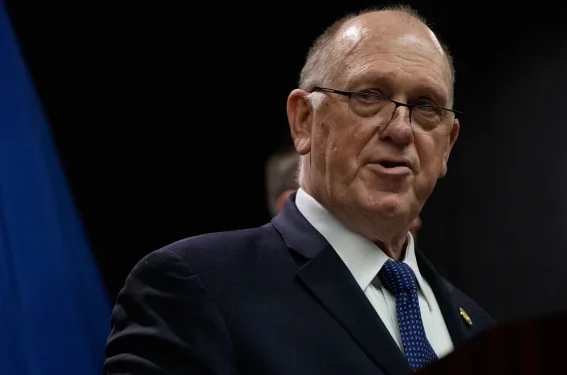West Africa has emerged as one of the world’s most expensive regions for oil drilling, according to Deloitte’s latest West African Oil Market Report, which warns that rising costs and shrinking investor confidence are threatening the region’s competitiveness in global energy markets.
The report identifies Nigeria as the region’s most affected producer, with operating costs estimated to be 40–50% higher than in comparable oil-producing jurisdictions.
This, Deloitte says, poses a significant challenge for African independent oil producers, who are already contending with limited access to capital and growing environmental, social, and governance (ESG) pressures.
Deloitte attributes the region’s high operating costs to a complex mix of structural and geopolitical factors, including insecurity in production areas, cumbersome procurement systems, strict local content rules, and high insurance premiums demanded by foreign contractors working in volatile regions.
“While international oil companies (IOCs) continue to operate with deep financial buffers and diversified global portfolios, African independents face tightening margins and growing investor hesitation.”
Deloitte’s latest West African Oil Market Report
The consultancy noted that while large multinationals can absorb cost fluctuations, smaller African operators lack the financial flexibility to sustain profitability under such conditions.
The result, it said, is a widening performance gap between international oil giants and local producers, many of whom now face existential challenges.
Investor Confidence Weakening

Beyond operational hurdles, the report highlights a deeper systemic issue, capital flight from African fossil fuel projects.
Global shifts toward renewable energy, coupled with concerns over governance and regulatory uncertainty, have made investors increasingly cautious about financing oil ventures on the continent.
“ESG pressures, divestment from fossil fuels, weak corporate governance, and perceived regulatory and political risks have rendered capital both scarce and expensive for African independent oil producers.”
Deloitte’s latest West African Oil Market Report
This financing crunch, it said, has led to an emerging trend of African independent producers struggling to secure funding for new acquisitions and project development.
The report’s transaction insights revealed that most financing activity in recent years has been concentrated among a handful of larger players with access to international capital markets or private equity backing.
“Insights from Deloitte’s transactions team, which advises on both buy- and sell-side energy deals in the region, indicate a growing trend of independents struggling to raise funding to support new acquisitions and further development activities.”
Deloitte’s latest West African Oil Market Report
Africa Energy Bank: A Potential Lifeline

Amid these mounting challenges, Deloitte pointed to the Africa Energy Bank (AEB) a new pan-African financial institution headquartered in Nigeria as a potential game-changer for the continent’s energy sector.
Established under the joint leadership of the African Petroleum Producers Organisation (APPO) and the African Export-Import Bank (Afreximbank), the AEB is designed as a $5 billion facility to support energy investments across Africa.
The bank aims to provide targeted funding for exploration, production, and infrastructure projects at a time when global financial institutions are retreating from fossil fuel lending.
Nigeria, Africa’s largest oil producer, stands to benefit significantly from the establishment of the AEB.
Charting a Sustainable Path Forward

The Deloitte report concludes that if West African producers are to remain relevant in the evolving global energy landscape, they must pursue cost optimisation, stronger governance, and investment in cleaner technologies.
It also calls for regional cooperation to harmonise regulations, streamline logistics, and promote infrastructure sharing among producers.
As the world transitions toward renewable energy, Africa’s oil producers face a dual challenge: maintaining production competitiveness while adapting to sustainability demands.
Deloitte argues that bridging this gap will require not only innovation and policy reform but also access to tailored financial solutions like those envisioned by the Africa Energy Bank.
Ultimately, the report paints a sobering yet hopeful picture — one in which Africa’s energy sector, though under strain, can still evolve into a resilient and competitive industry if it embraces reform and regional collaboration.
READ ALSO: BoG’s $1.15bn FX Injection Sparks Clash with IMF and World Bank Over Cedi Stabilization






















